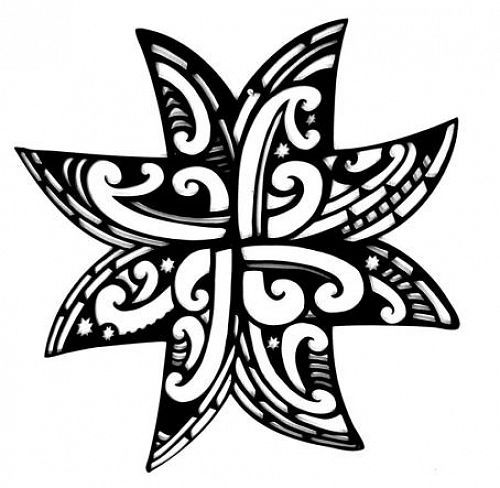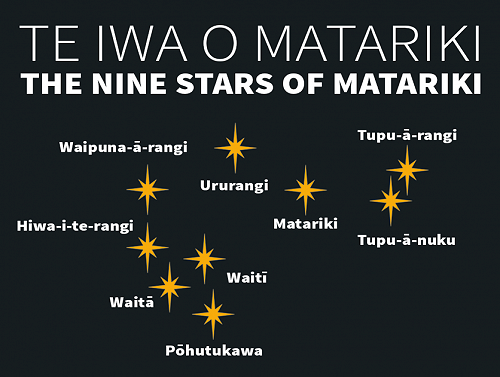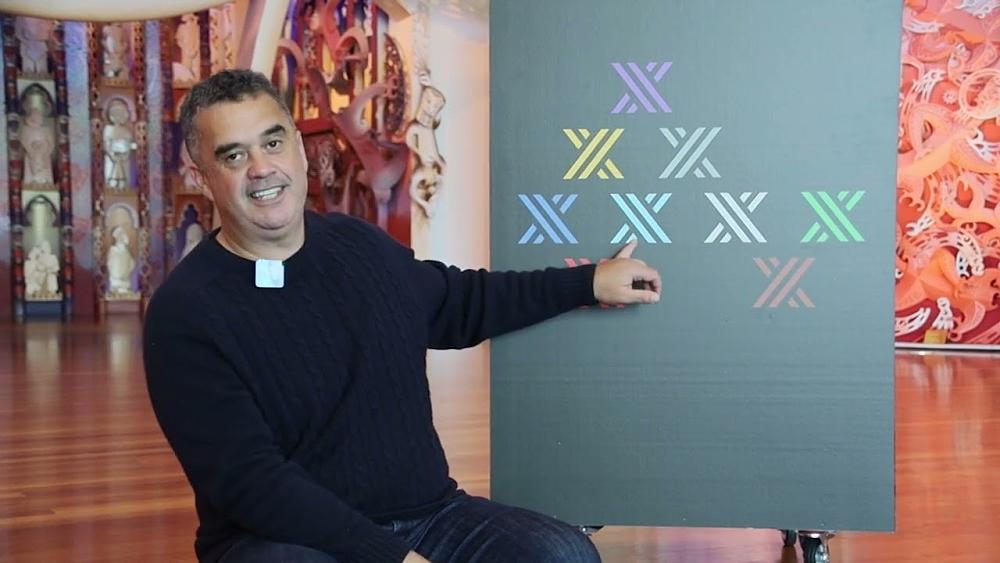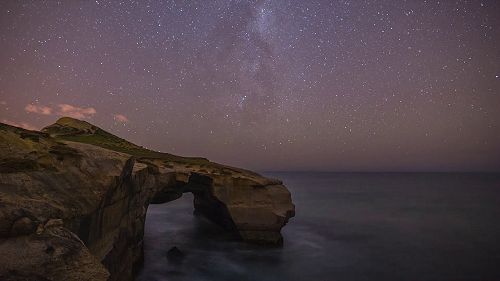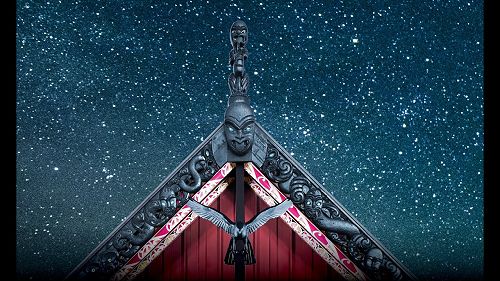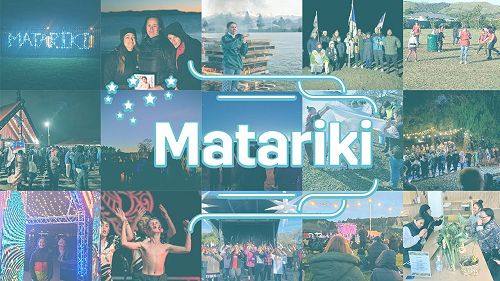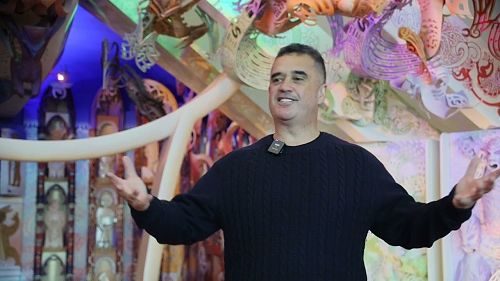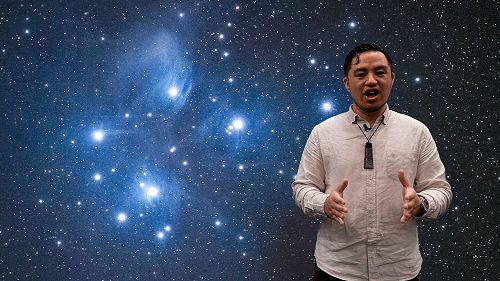Matariki 2025
As we move to the fourth year of celebrating Matariki, including a public holiday on Friday 20 June 2025, we have home-grown liturgies and other resources to help us mark Matariki.
Check out some resources for Matariki
https://matariki.co.nz/has some great information and resources
https://matariki.twoa.ac.nz/wp-content/uploads/2024/05/resource-pack.zipcontains resources from Te Wānanga o Aotearoa that you can download and use.
Living by the Stars has https://www.matariki.net.nz/resources... more resources for this time of year, including the video featured above and in our video gallery below.
Liturgies for Matariki
The liturgies developed by All Saints Dunedin have been reviewed and approved for use within Tikanga Pakeha faith communities.
Attached below or available here are Word and .pdf versions for use in your own settings. Thanks again to the team at All Saints Dunedin North Parish for this wonderful gift, not only to our Diocese, but to others throughout Aotearoa-New Zealand. In the video below Rev'd Canon Dr Michael Wallace talks to Rhema about this.

An example of one of the Collectes from Matariki liturgy IV: From generation to generation/Thanksgiving for Whakapapa follows:
Collect
Let us pray.
Gracious God, as we contemplate the stars of Matariki,
we clearly see that every part of Creation has its origin and purpose in you.
We give you thanks that you have given life to our ancestors, grandparents and parents,
so that they may transmit life to us.
You have also filled them with good things so we may inherit them by knowing you,
adoring you, and serving you.
Bless us as we give thanks for those who have gone before us.
Bestow your graces abundantly upon our ancestors, grandparents and parents,
so that we may in our turn inherit their blessings.
We ask this through Jesus Christ
who lives and reigns with you
in the unity of the Holy Spirit
one God now and forever. Amen
What the stars of Matariki mean
Matariki is the star that signifies reflection, hope, our connection to the environment, and the gathering of people. Matariki is also connected to the health and wellbeing of people.
Waitī is associated with all fresh water bodies and the food sources that are sustained by those waters.
Waitā is associated with the ocean, and food sources within it.
Waipuna-ā-rangi is associated with the rain.
Tupuānuku is the star associated with everything that grows within the soil to be harvested or gathered for food.
Tupuārangi is associated with everything that grows up in the trees: fruits, berries, and birds.
Ururangi is the star associated with the winds.
Pōhutukawa is the star associated with those that have passed on.
Hiwa-i-te-rangi is the star associated with granting our wishes, and realising our aspirations for the coming year.
A prayer
E te Atua, God of the cycles and patterns of the universe and all living things,
as we pause at Matariki to remember those who have passed, celebrate the present, and look forward to the future, we ask that you open our hearts to the wonder of the natural world, to your incarnation throughout creation, and to your presence with and in us now.
Matariki is a cluster of stars;
Let the heavens be glad.
Matariki is a time of year;
Let the earth rejoice, let the seas and all that is in them roar.
Matariki is a time of remembering.
Be still and know that I am God.
Matariki is a new beginning;
Let the fields and all that is in them exult.
Let all the trees of the forests shout for joy.
Matariki is the eyes of God;
O God, what variety you have created, arranging everything so wisely.
The Earth is filled with your creativity.
Matariki is a time of seeing;
Both day and night belong to you; you made the starlight and the sun.
You set the boundaries of the earth and you made both summer and winter.
Matariki is a time of rejoicing.
All creatures depend on you to feed them at the proper time.
Open your hand, they are well satisfied. *
*Acknowledgement: Catholic Diocese of Auckland Liturgy Centre; from Psalms 46, 96, 74, 104.
Gallery
